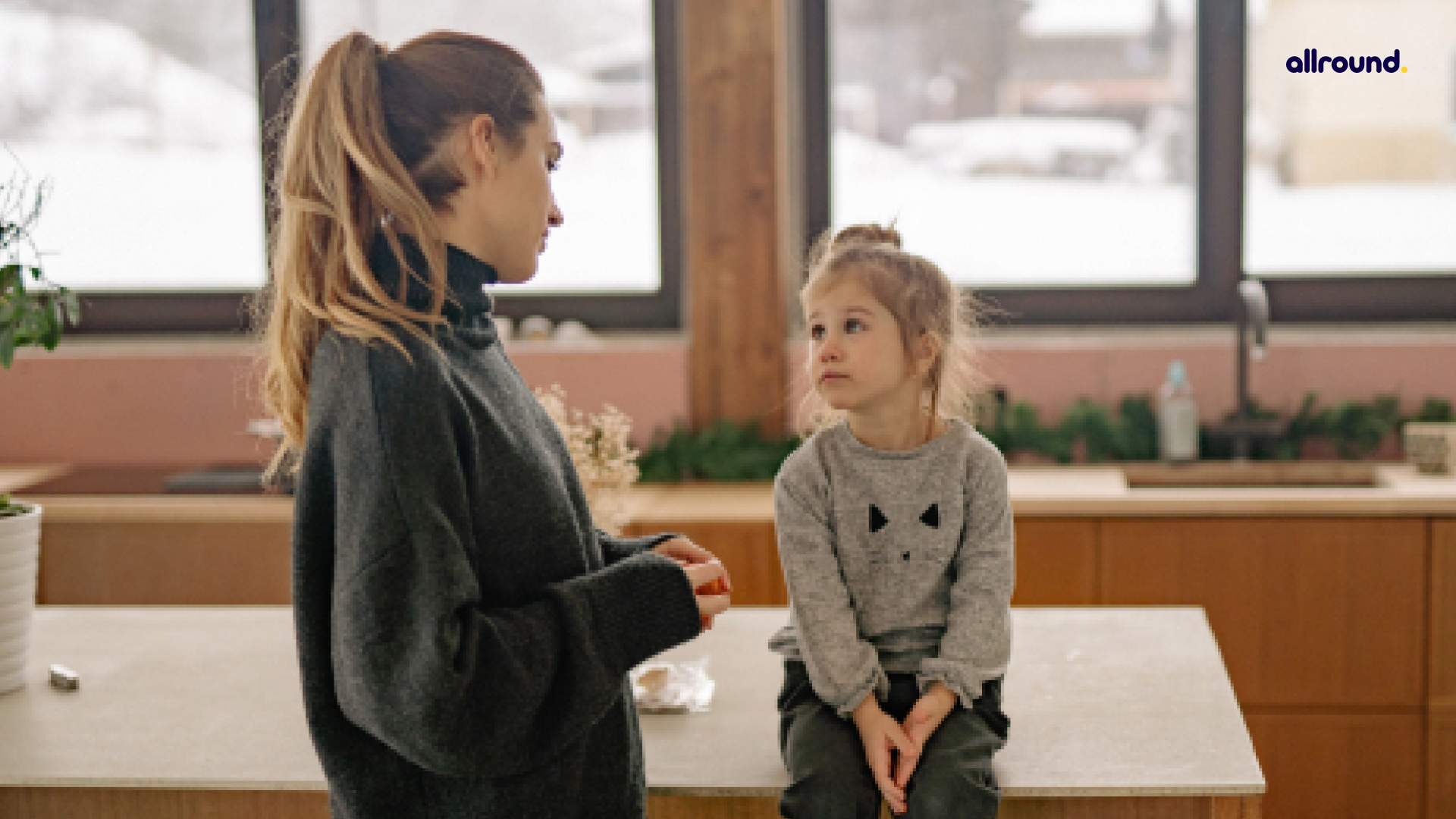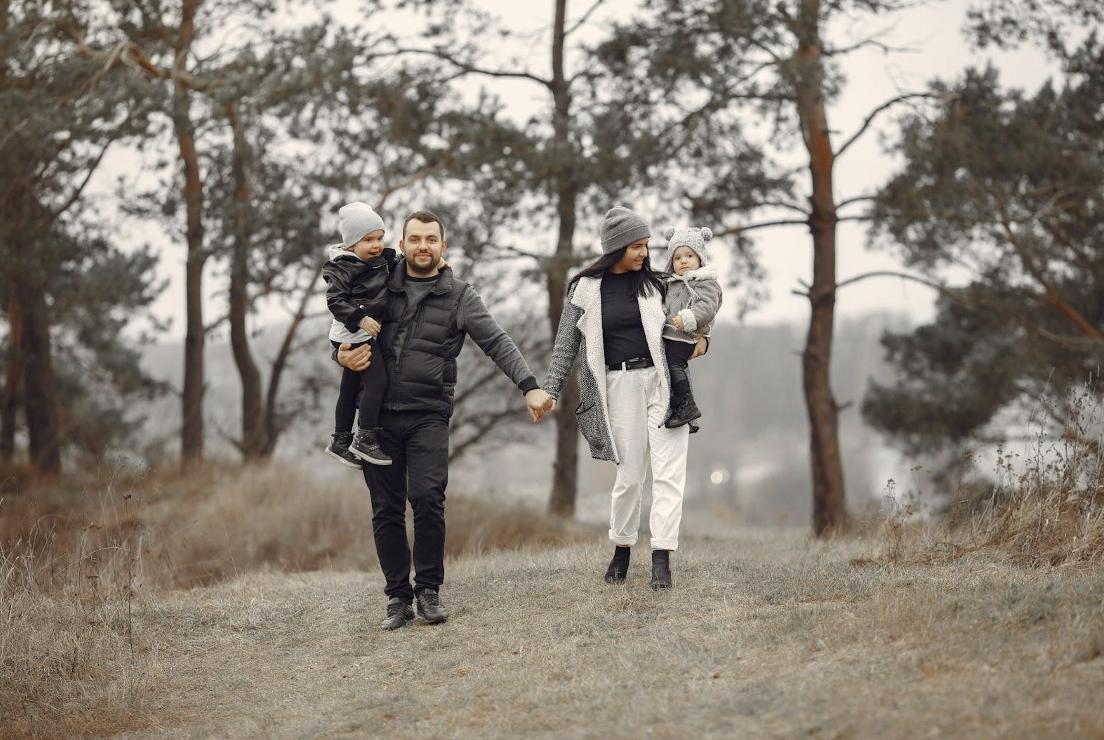How to talk to a child about Sexual Abuse?6 min read
There tends to be a wide range of reasons why it’s difficult to speak about child sexual abuse, especially when it affects our own lives or the lives of our loved ones.
It is quite common to note that in most societies child sexual abuse is a taboo topic, making it difficult for most people to talk about it openly. These obstacles are quite similar to notice in almost every part of the world. Some of these obstacles include doubting our own perceptions, being afraid to accuse someone falsely, being unable. The most important one, being unwilling to go through the pain that can stem from acknowledging that someone we care about is being abused or is abusing.
Contents
What do studies say?
Many psychological, as well as statistical studies, are conducted to know the cumulative data of crimes involving sexual abuse against children. And what the results conclude is beyond our imagination.
- A recent study conducted shows that even more than 90 percent of sexual abuse crimes are committed by men.
- Another study says that an estimated 30 percent to 40 percent of sexual offenses against children are carried out by older citizens in our society. Not only this, but amongst adults too, perpetrators of sexual abuse are more likely to lie in the category of younger males under the age of 30 years.
- Specifically referring to the cases involving child abuse, it is noted that between 21 percent and 32 percent of females are sexually abused before the age of 18.
- Shockingly, boys are also on the radar of such cruel monsters. It is noted that between 10 to 16 percent of males are sexually abused before the age of 18. Physical as well as mental abuse is therefore considered to be a highly underreported crime.
- You might be shocked to know that researchers estimate that between 90 percent and 95 percent of child sexual abuse situations either go unreported or remain unsolved!
What to Say and Do
- Right from the start, you must try to build a strong relationship with your kid based upon core ideologies like having open, clear communication. This would help your child to feel comfortable in disclosing potentially inappropriate experiences with you in case they ever occur. Not only this, but it also gives your child a helping hand to reach out for help even if someone else (possibly a victim) discloses abuse to them.
- Ensure to provide your child with all the necessary skills and information to cope with attempted abuse. Try to be gentle and frank, and discuss this topic in such a way that both heightens awareness and reduces fear. Always remember that this issue is very sensitive and has a deep impact on your kid, if not dealt with care.
- Try to make them aware regarding what is and is not appropriate physical or sexual contact between themselves and possibly any other adult. Teach them which parts of the body are private (genitals, etc.) and should not be touched by any other person, except for parents.
- Since childhood only, encourage them to share their experiences, fears or concerns on things of a sexual nature with honesty. Teach them to reach out to you first if they ever experience something of a sexual nature that causes fear, hurt, discomfort or embarrassment.
Warning Signs of Sexual Abuse in Children
Worried for your child? Don’t think much! There are many warning signs that may help you to know whether a child or youth has experienced some kind of child maltreatment or sexual abuse.
It is noted that many times such warning signs occur singly or show up at other stressful times, such as:
- Divorce
- Death of a loved one
- Any drastic change in the family
- When the child has problems in school and has no link to abuse.
You should take care while analyzing the issue properly and not mark all possible warning signs as indicators of an abuse experience. It isn’t always necessary that anyone alone indicates that the child has been abused. However, as a responsible parent, you must try to be attentive to children and take seriously any combination of possible warning signs that would suggest the need for follow-up and assessment regarding sexual abuse.
Here we have a list of 12 common warning signs that can be noted.
- Your child having continuous nightmares, trouble sleeping or have fear of the dark
- Having sudden fear of “monsters” or random threats
- Your kid encountering mental confusion, randomly getting spaced out at odd times, or any type of mental lapses of memory or coherence
- Facing the loss of appetite at a point of time or having problems while eating as well as swallowing
- Showing signs of sudden or intense mood swings which may possibly include rage, fear, anger, withdrawal, depression, aggression toward others and many more similar things
- Disliking certain people or having fear in facing them. The fear factor can also include being scared of particular places
- Occurrence of gradual Stomach illness or discomfort all of the time or mostly with no identifiable reasons
- Showing signs such as bed-wetting, thumb-sucking or other similar “young child” behaviors
- Depicting or carrying out specific sexual actions or activities with either toys or household items.
You must be aware of such actions are beyond the child’s known base of knowledge on sexual matters or much beyond what they should not have been exposed to at such a young age.
- Using abusive or slang terms for their private body parts or for enacting sexual functions
- Getting exposed with extreme preoccupation or interest in sexuality, genitals or sexual matters
- Reluctant to share information or “secrets” regarding any known person or friend.
Possible Physical Signs of Sexual Abuse
Your child can phase certain physical signs which may help you to know whether it can mean something in abusive terms or not.
Some of these symptoms may include unexplained bruises, swelling, redness or bleeding of the child’s genitals, anus or mouth.
They might also feel pain in their genitals, anus or mouth.
Facing genital sores or milky fluids in the genital area is also a very common sign to depict the problem. Along with this, having an infection in the genitals, urinary tract and/or mouth can turn out to be a serious problem.
Conclusion
You must try to talk to your kid while they are young as this is very important to help them understand issues and risks that may occur in later years. Also, the above suggestions aren’t restricted to any particular age group but for children belonging to almost every age group. Facing sexual abuse by children can prove to be one of the worst traumatic experiences and can result in both short-term and long-term harm, including mental health problems that may further extend into adulthood. Some of the most common effects noticed amongst the victims include having feelings of guilt and fear, depression, anxiety, post-traumatic stress, eating disorders and most importantly poor self-esteem.
Many other behavioral problems linked to childhood sexual abuse may include learning problems, substance abuse, depiction of self-harming behaviors, risky sexual behaviors (those that could result in pregnancy or sexually transmitted infections), sexual dysfunction or even suicide in some cases.





